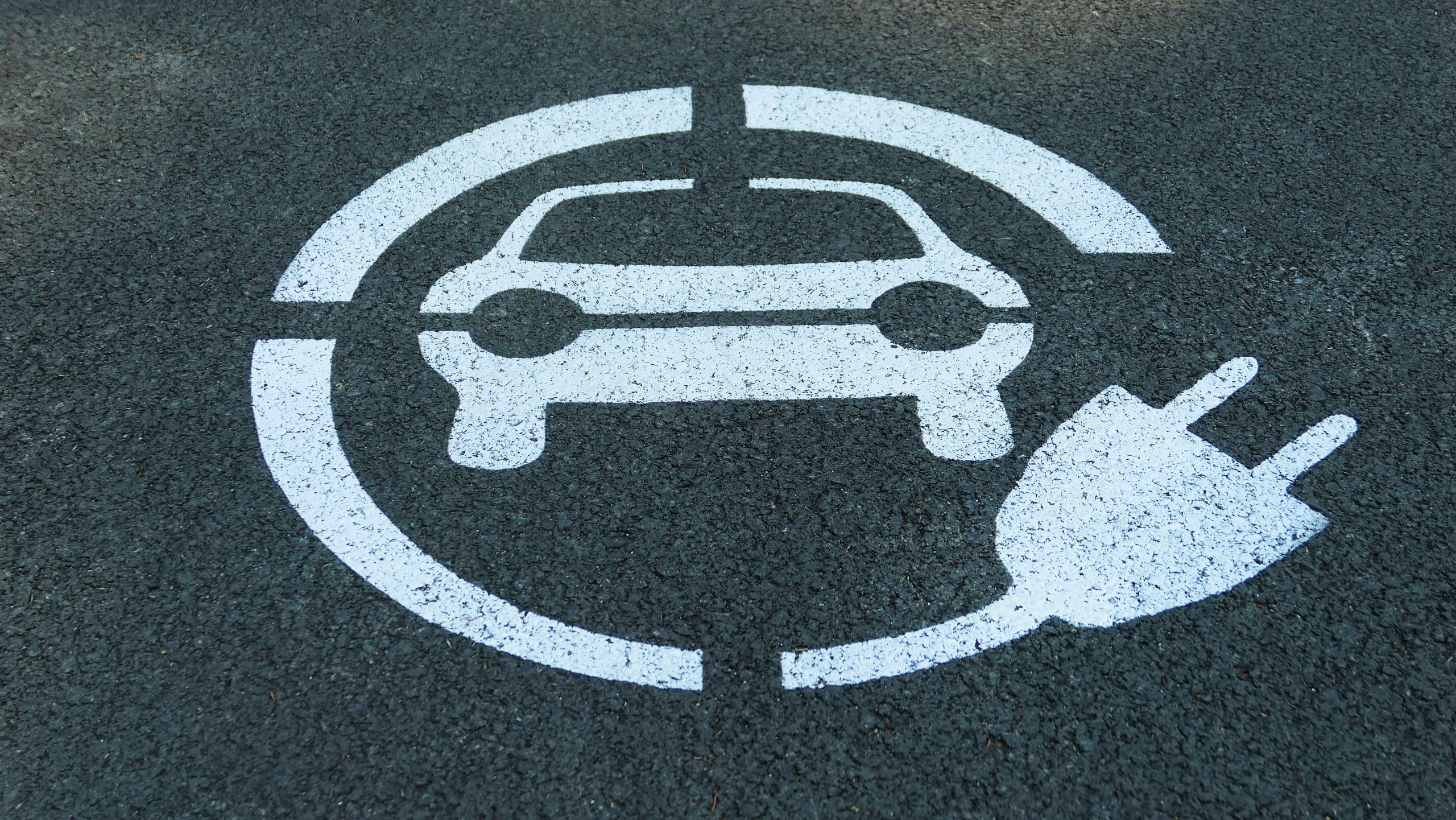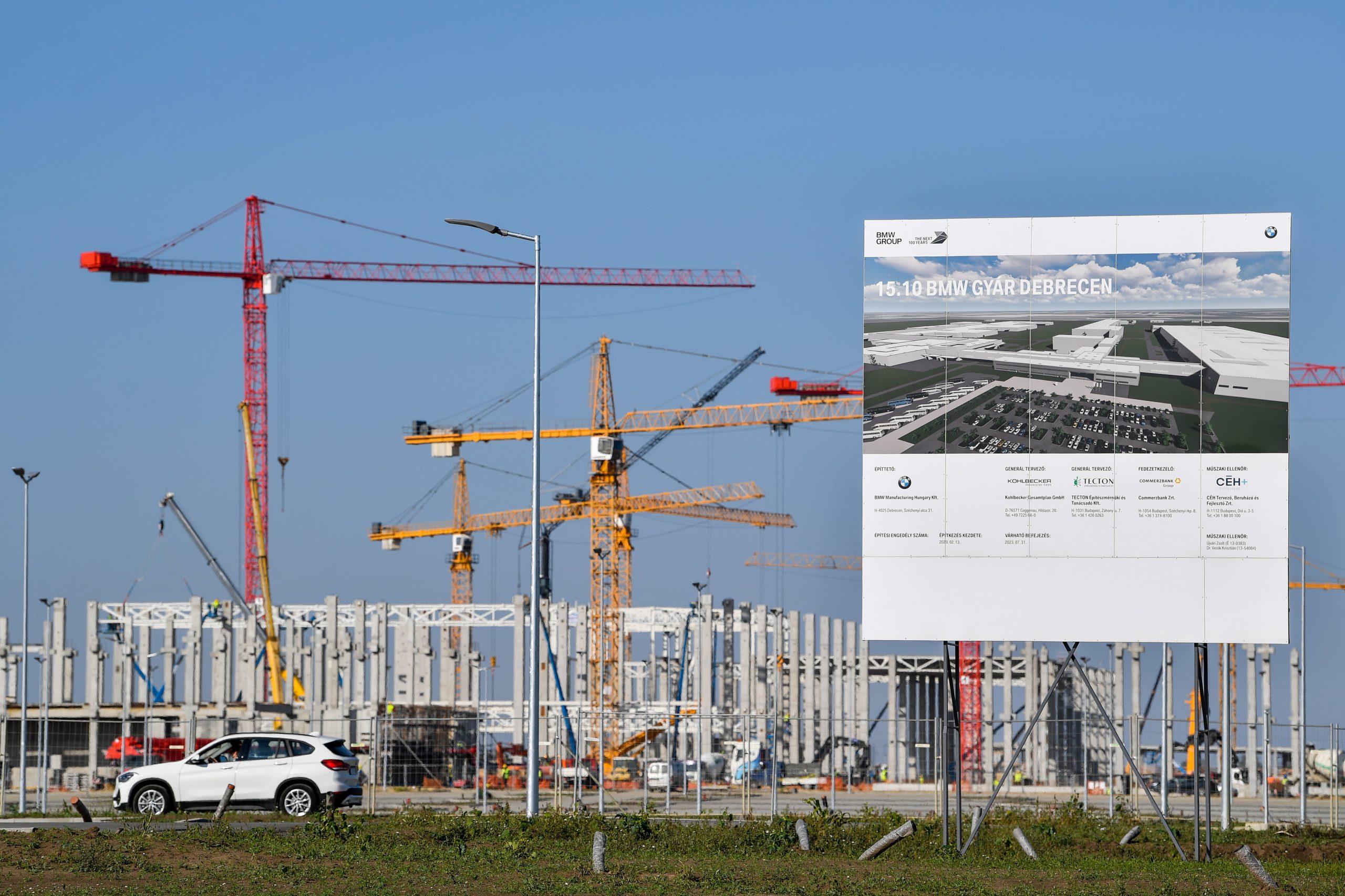
South Korean company W-Scope opens its first European plant in Hungary.Continue reading

Hungary is becoming a surprise hub for Europe’s new battery industry, but critics fear it could become too dependent on China, according to the Financial Times.
In just a few years, Hungary has transformed itself into a potential electric vehicles powerhouse, centered around Debrecen, the Financial Times (FT) reports, adding that “by 2030, battery production in this town of 200,000 people alone will rival every European country other than Germany.”
According to the article, the northeastern city of Debrecen is already home to “Korean battery materials maker EcoPro BM’s new development site, where the company committed to a 700 million euro investment to produce cathodes, one of the key components in batteries,” and also “Chinese battery giant CATL plans to spend 10 times as much on Europe’s largest gigafactory.”
FT noted that “the investment boom was ignited by German automaker BMW, which is building a 2 billion euro electric vehicle factory in the town; including the CATL announcement and factories for a dozen major suppliers and scores of smaller ones, the electric vehicle expansion has attracted investment of more than 10 billion euros to the town.”
The article points out that “elsewhere in the country, South Korean SK Innovation and Samsung are building and expanding battery plants, each at a cost of about 1 billion euros,” not to mention that German “Mercedes-Benz and Audi are switching their large Hungarian carmaking units into producing electric vehicles as well.”
This means that by the time Europe outlaws the sale of new petrol or diesel cars from 2035, Hungary’s car industry is set to be fully electric.
FT notes that there is criticism too, as “some fear that Hungary risks becoming too dependent on Chinese battery-makers — and is giving too much diplomatic leverage to Beijing.”
Featured photo via MTI/Czeglédi Zsolt